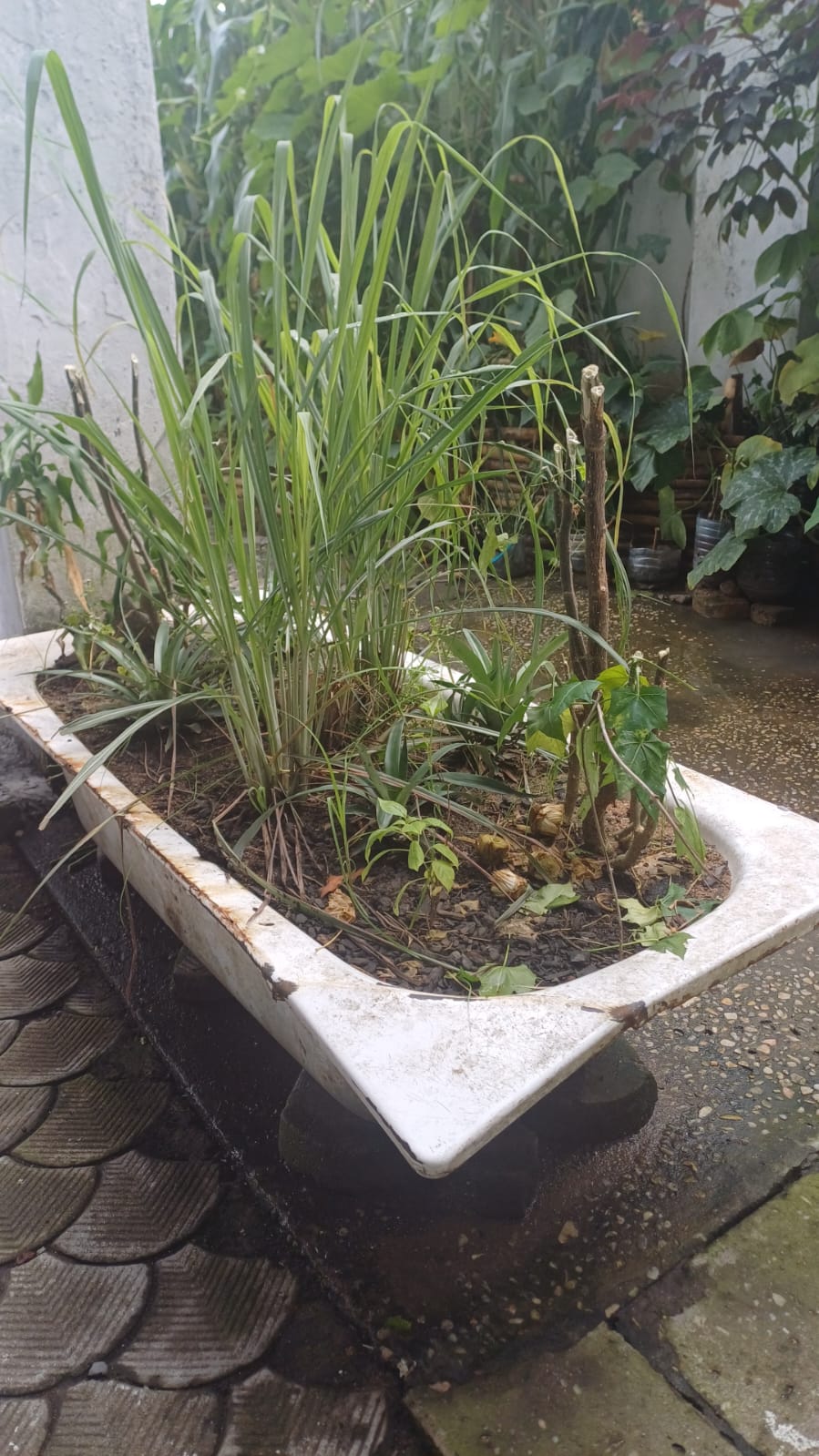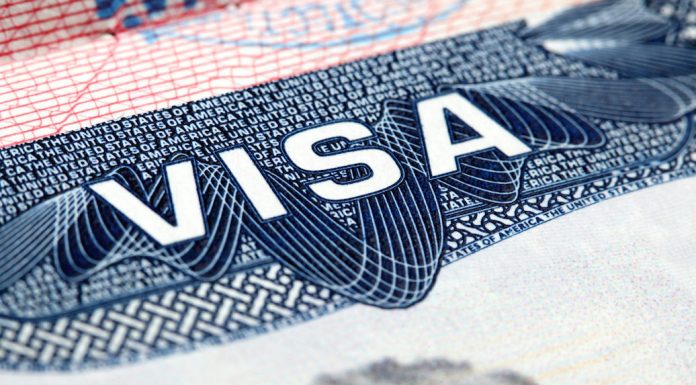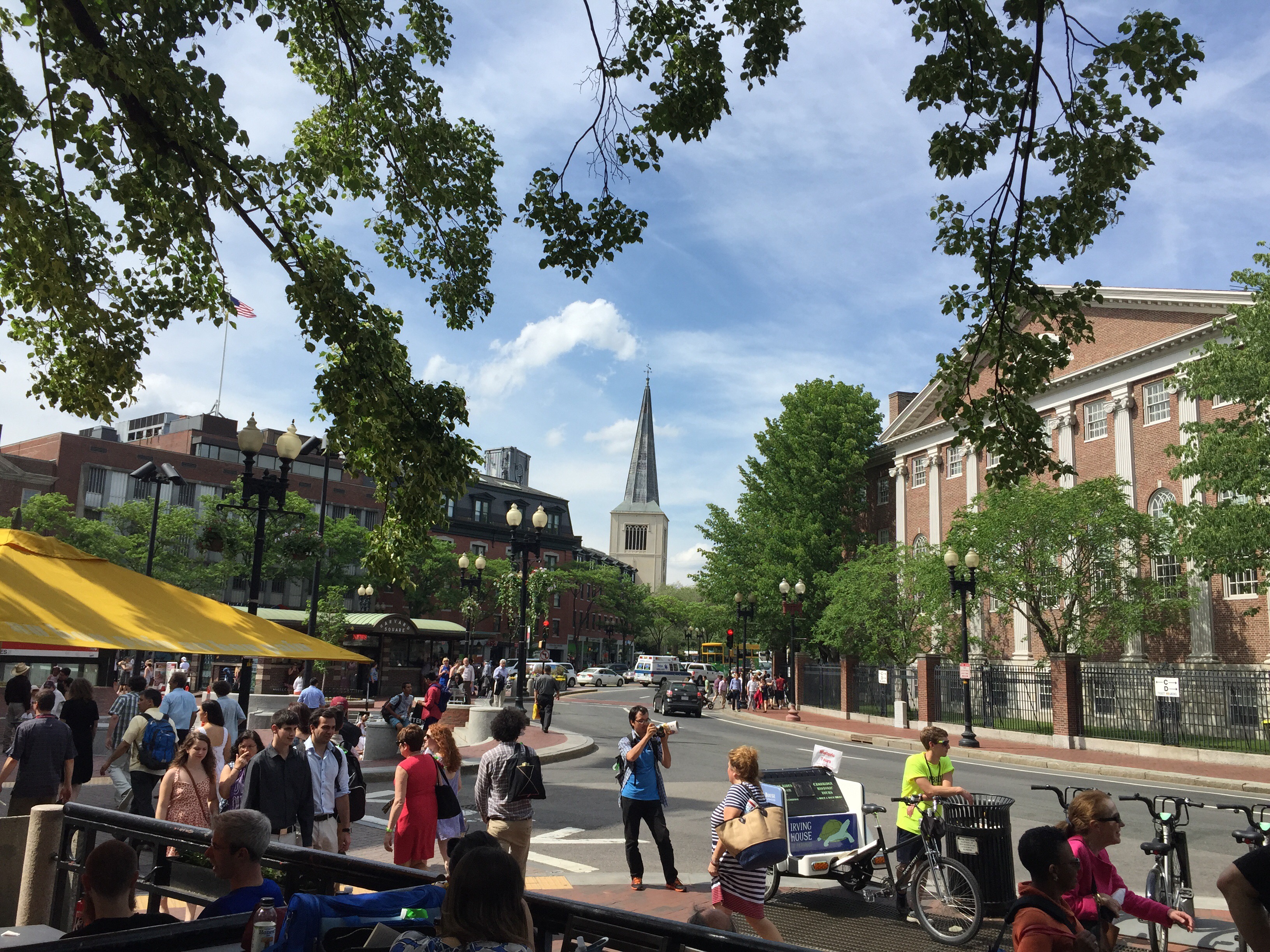Retrouvez l’article complet, la source originale de cette publication ici.
Cameroon Through New Eyes | 3. Airports, Nostalgia, and the Ghost of Cameroon Airlines
By contrast, when I was growing up, Cameroon felt far more stable. There were no separatist movements in the Anglophone regions and no extremist threats from Boko Haram in the Muslim north. Aside from the turbulent pre-independence period in Cameroon—stories my mother often recounted—my earliest personal awareness of war came from hearing about Nigeria’s Biafran War (1967–1970), which had ripple effects across the region. In Douala, people referred to Nigerian refugees simply as “Biafras.” As a child, I didn’t grasp the historical or political complexities—there were no “Nigerians” in my mind, only “Biafras,” which is what we called all Nigerians at the time. It took years for me to grasp the distinction and the gravity of that conflict. Still, that war felt distant.
The first real moment that shaped my understanding of war and insecurity came in 1984 — a year that left a deep mark on many Cameroonians. First, there was the failed coup attempt in April 1984. Then, just a few months later in August, an artisanal bomb detonated aboard a Cameroon Airlines Boeing 737 flying from Douala to Yaounde. There were 116 passengers on board — one of them was my cousin. I still remember how he returned—riding in my uncle’s car, packed with anxious family members who had rushed to the airport to find him. He was dressed exactly as he had left that morning, still in his suit, carrying only his small suitcase—completely unscathed. Others passengers had not being so lucky; some had lost their lives, while others had suffered severe burns from the explosion. They had survived only because the plane’s takeoff had been delayed. For once, being late saved lives.
Those two events profoundly shaped my perception of war and national security. In the aftermath, Cameroon was never quite the same. Curfews were imposed, checkpoints appeared everywhere, and no one could leave home without an ID. I remember another cousin panicking because his ID had expired — and in Cameroon, that could mean arrest. No one wanted to risk ending up in a Cameroonian prison.
These experiences left a lasting impression on me. As a result, when I first arrived in the United States before September 11, 2001, I was amazed at how easy air travel was — No heavy checkpoints, no strict security like I was used to in other countries, and no questions at every turn. It was a freedom I wasn’t used to, and I remember telling friends and family back home just how different it was. Of course, that was before September 11, 2001. Since then, security measures have changed drastically in the United States as well. But because of my background, I have always taught my children never to complain about airport security — to follow instructions, to be respectful, and to understand that those measures exist to protect us. I grew up with that mindset: that intense security is necessary, and that you must always stay aware of your surroundings. I think many Cameroonians share that perspective. Perhaps that is one reason why, despite all its challenges, Cameroon has managed to maintain a certain level of stability — because people know that war doesn’t bring freedom; it brings fear, loss, and desperation.
Cameroon Through New Eyes | 5. Douala, Unfiltered





